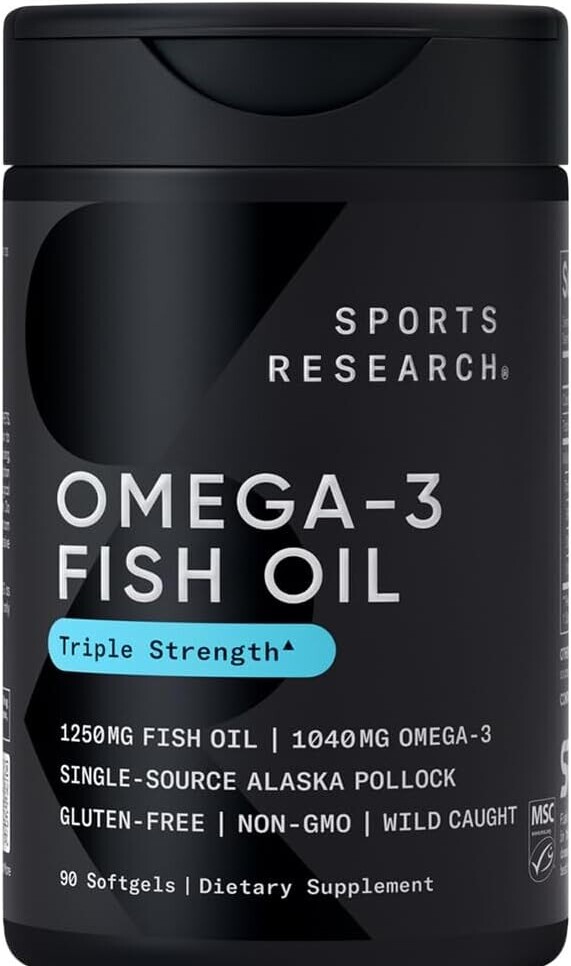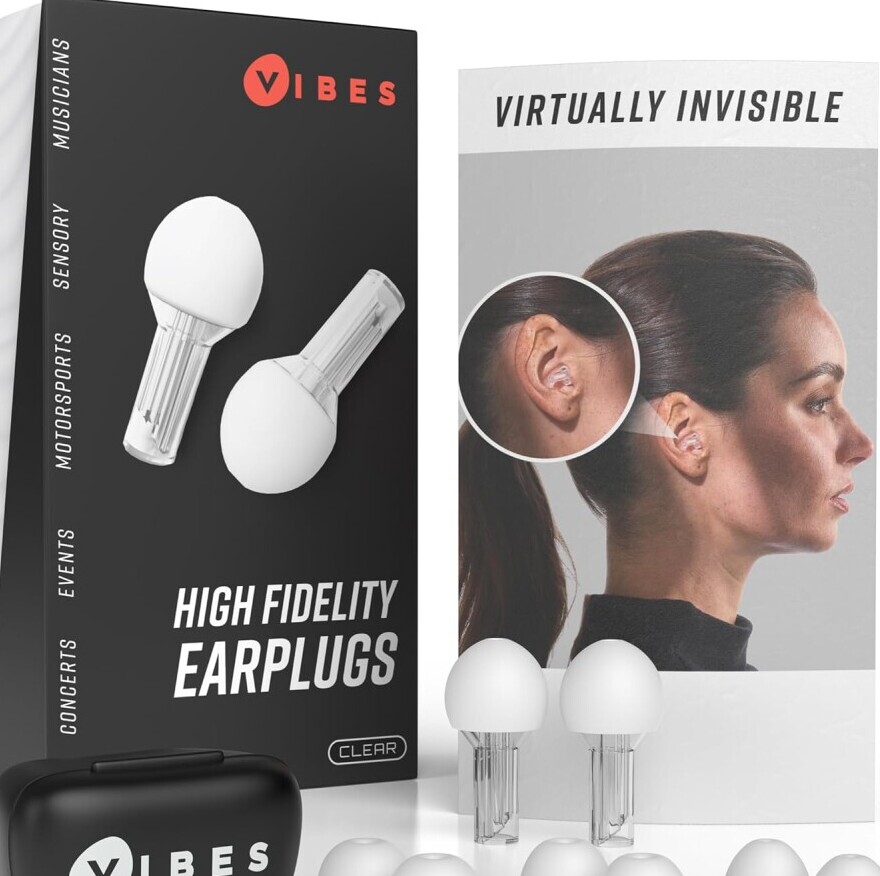Hearing isn’t just a sensory ability—it’s a vital part of how we connect with the world and the people around us. Think about it: from enjoying a concert to a simple yet profound conversation with a friend, good hearing enriches our daily experiences in countless ways.
However, hearing issues are becoming more common these days.
Noise pollution from traffic, blaring music, and even everyday gadgets can take a toll on our ears over time. Add aging and other factors to the mix, and it’s no surprise that many folks are finding themselves tuning out more than they’d like.
But here’s some good news: there are practical, natural steps you can take to keep those ears in top shape.
This guide focuses on four proven strategies to naturally boost your hearing abilities.
Ready to turn up the volume on your well-being?
Let’s get started!
The Fundamental Mechanics of Hearing
The way we hear things is pretty fascinating if you think about it.
Your ear works like a finely tuned machine, picking up sound waves and turning them into something your brain can understand.
It all starts with the outer ear catching those waves and guiding them through the ear canal to the eardrum.
Once there, the middle ear gets to work, moving tiny bones that send vibrations on their journey toward the inner ear.
Inside that inner ear is where the real magic happens.
You’ve got the cochlea, a snail shell-shaped bit packed with hair cells that sway with the sound waves. These movements create electrical signals that your brain interprets as sound. When things go right, it’s a seamless symphony. But many factors, like excessive noise and aging, can throw this balance off, chipping away at your hearing ability.
Common culprits behind hearing loss include prolonged noise exposure—think concerts without ear protection or daily commutes with roaring traffic—as well as the unavoidable effects of aging. Even the smallest of things, like earwax buildup, can muffle sounds quite literally.
So, what’s in it for you to keep those ears working well?
For starters, clearer communication makes socializing a breeze, boosting both your personal and professional life. Plus, maintaining your hearing isn’t just about the ears—it ties directly into better cognitive health, reducing risks associated with mental decline.
Staying tuned in to your surroundings and relationships isn’t just beneficial; it’s downright essential. Embrace these insights, and you’ll be on a path to preserving not just your hearing, but your quality of life.
Recommended Reading: What are some medical treatments for Hearing Loss?
Method 1: Protect Your Ears from Harmful Noise
Loud noises might be thrilling, like the roar of a live music concert or the bustling energy of a busy city street, but over time, they put your hearing at risk. Constant exposure to these sounds can wear out the sensitive structures of your inner ear, leading to potential hearing loss down the road.
So, how do you keep your ears shielded without missing out on life’s adventures?
One simple trick is to carry earplugs or invest in noise-canceling headphones. These nifty tools can help drown out harmful decibels whether you’re at a concert or just trying to enjoy some peace in a busy office.
I have written several earplug reviews such as Eargasm, Loop Experience, and the Vibes high-fidelity earplugs.
Then there’s the volume on those beloved headphones of yours. Following the 60/60 rule—listening at 60% volume for no more than 60 minutes at a stretch—can do wonders for safeguarding your hearing.
And don’t forget to give your ears regular breaks in noisy settings. A short pause away from the hubbub lets your ears recover and is crucial for long-term hearing health.
If you are working with heavy machinery or in noisy environments, wearing proper hearing protection is essential. It might not feel stylish, but your future self will be grateful for the clear conversations and the sounds of nature you can still enjoy to the fullest.
Method 2: Embrace a Hearing-Healthy Diet
Feeding your ears might sound odd, but what you eat can make a big difference to your hearing health. A diet rich in certain nutrients is like giving your ears a high-five.

Omega-3 fatty acids, mostly found in fish like salmon or in a handful of walnuts, are known for improving brain function and blood flow, which in turn benefits your ears. Plus, they can help slow down age-related hearing loss.
Zinc is another powerhouse nutrient and it’s good to pack some oysters, pumpkin seeds, or lean meats into your meals. Zinc plays a vital role in boosting the immune system, which helps fend off ear infections that could damage your hearing.
Vitamins C and E are like a dynamic duo when it comes to protecting your ears from free radicals, those pesky molecules that can cause oxidative stress. You’ll find these vitamins in citrus fruits, nuts, and leafy greens a good excuse to snack on everything yummy and green.
Antioxidants, in general, counteract oxidative stress, which is linked to hearing damage. So, indulging in foods high in antioxidants can give your auditory system a real edge.
All these nutrients collectively help in reducing the risk of hearing loss. So, next time you’re planning your meals, think of them as fuel for your senses and it’ll taste that much better.
Method 3: Engage in Ear and Brain Exercises
Keeping your hearing sharp isn’t just about protecting your ears; it’s also about flexing your mental muscles. Enter auditory training and a bit of ear workout—in the form of fun and games.
Listen actively to music or audiobooks.
This isn’t just about hearing the words but focusing on different instruments or voices, and tuning in. It can enhance how your brain processes sound.
Diving into brain games can help too.

Games that sharpen your overall brainpower also contribute to better auditory processing. Even a casual evening of Scrabble or crosswords can boost your brain’s sound-processing capabilities.
Try some sound localization exercises.
These activities help train your ears and brain to recognize a sound’s origin, refining that particular skill and making sound intake more efficient.
Sound discrimination drills are another nifty way to sharpen your ears. Tinker with different pitches and tones and see if you can identify them. These exercises hone your ability to discern sounds—a pretty handy skill in noisy settings.
These exercises blend ear health with mental agility, keeping your senses as tuned as a concert piano.
So next time you pop on those headphones or crack open a puzzle book, know you’re doing your auditory system a world of good.
Method 4: Keep Up with Regular Hearing Checkups
Staying on top of your hearing health means making regular visits to a hearing specialist part of your routine.
Early detection is key because the sooner any issues are spotted, the easier they are to manage.
An audiologist can play a pivotal role by offering comprehensive assessments that reveal early signs of hearing loss you might not yet notice. These visits empower you with tailored advice and timely interventions.
Proper ear hygiene is equally crucial. Though it’s tempting to grab a cotton swab, over-cleaning your ears can do more harm than good. Instead, let your ears clean themselves naturally, and consult a professional if you suspect earwax buildup.
Routine checkups and sensible ear care form the cornerstone of maintaining optimal hearing health.
Think of it as giving your ears the TLC they deserve, ensuring you’re always geared up to hear the world around you loud and clear.
Adopting Lifestyle Changes to Support Hearing Health
Keeping your ears in tip-top shape involves more than just direct care; it includes broader lifestyle choices that improve your overall health.
A little sweat can go a long way, and regular physical activity helps keep the blood pumping, ensuring your auditory system gets all the nutrients it needs.
Here’s a heads-up on smoking and drinking: they aren’t just bad for your body, but your hearing too. Both can impact your blood flow and, consequently, your hearing abilities. Cutting back or quitting can do wonders for your ears.
Managing stress is another key player in hearing health. High-stress levels have been linked to tinnitus and heightened hearing sensitivity. If life gets a bit too loud, simple practices like meditation, yoga, or even a casual stroll can help dial down the stress. Check out my article on how meditation can help with your tinnitus.
These lifestyle changes aren’t just about protecting your ears—they’re about gearing up for a healthier life all around. Plus, they’re simple tweaks that can make you feel amazing day-to-day.
Recognizing When to Consider Hearing Aids
Sometimes, natural methods might not be enough, and that’s okay.
Recognizing this early can make a big difference in maintaining your quality of life. So, what are the signs that it’s time to consider hearing aids?
Persistent challenges in keeping up with conversations, constantly turning up the volume, and relying on subtitles more than usual should raise a flag.
Modern hearing aids are pretty impressive, far from the bulky gadgets of the past. Many come loaded with features like noise cancellation and Bluetooth connectivity, which can smoothly integrate with your devices.
In my case, I had no choice but to wear a hearing aid. I could not practice my profession properly. Feel free to check out my story here.
Take options like Jabra Enhance or Audien Atom Pro, for example. These offer sleek designs and advanced functionalities, making the transition a lot easier and more appealing. They’re about maintaining connections, whether it’s chatting with family or enjoying your favorite playlist.
If you suspect that natural improvements aren’t quite cutting it, it might be time to explore these technological aids.
Embrace them as tools that enhance not just your hearing but your entire social experience.
Concluding Thoughts on Enhancing Hearing Naturally
Improving your hearing health naturally is an empowering journey. It starts with understanding how your ears work and making everyday choices that protect and nurture them.
From being mindful of noise exposure and embracing a hearing-friendly diet to engaging in ear exercises and maintaining regular checkups, each step is valuable.
Lifestyle plays its part too—staying active, avoiding harmful habits, and managing stress all contribute to keeping your hearing sharp. These small yet crucial changes can make a big difference.
But if you find that these approaches aren’t enough, don’t shy away from considering hearing aids. They’re there to help you stay connected and continue enjoying life’s sounds in all their richness.
So, take a proactive role in your hearing health.
Use the information and tools available to you to make informed choices and Live a lively, connected life, full of engaging sounds around you.
Wishing you everything of the best in your hearing health.
Regards and Take Care
Roopesh



I found this article very interesting! It’s great to see natural ways to support hearing health instead of just relying on tech or medical treatments. I love how you broke down practical methods like diet, ear exercises, and reducing noise exposure. Small changes that can make a big difference! Definitely a great resource for anyone looking to protect their hearing long-term. Thanks for sharing these helpful tips!
Thank you so much for your kind words! I’m really glad you found the article helpful. Hearing health is something we often take for granted until issues arise, so making small, proactive changes can go a long way in preserving it for the long term.
It’s great to hear that you appreciate the natural approaches like diet, ear exercises, and noise reduction—sometimes, simple lifestyle adjustments can be just as impactful as medical interventions. If you’ve tried any of these methods yourself or have any other hearing health tips that have worked for you, I’d love to hear about them!
Thanks again for taking the time to comment—I truly appreciate it!